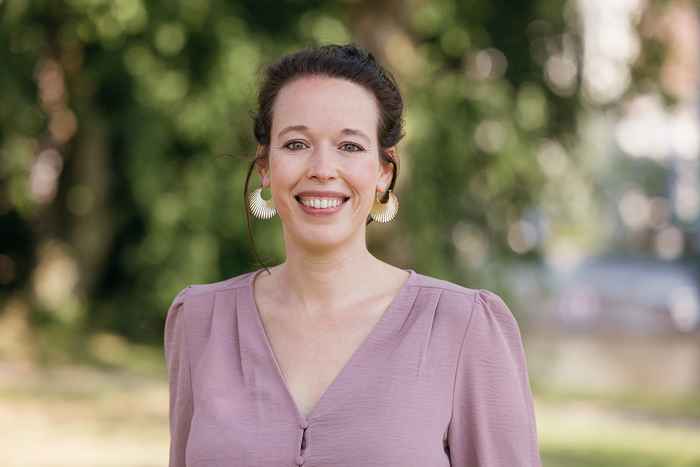Femke Roosma named professor by special appointment in the Dr J.M. den Uyl chair
22 June 2023

The primary concern of the Dr J.M. den Uyl chair are developments in democratic socialism in relation to science and society. Its previous occupiers include Jan Pronk, Ad Oele, Ed van Thijn, Ad Geelhoed, Frank Vandenbroucke and Sarah de Lange. In the coming years, Femke Roosma will conduct research within the scope of the chair into the welfare state and social policy, and how they can be used to enhance social security and social cohesion.
Shoring up the welfare state
‘My specific research focus within the scope of the chair, is shoring up the legitimacy of the welfare state’, Roosma explains. ‘I want to investigate what people believe are the key objectives of the welfare state, both now and in the future, and what changes they believe are necessary. For example, should the emphasis be on reducing poverty, promoting participation or improving well-being? And what do people believe are the major issues, dilemmas and solutions in that respect?’
How can we close the gap between social policy and what society believes is important?
In addition, Roosma wants to explore how these beliefs about the welfare state can change social institutions for the better. ‘How can we close the gap between social policy and what society believes is important? We are increasingly witnessing social policy experiments with new bottom-up policies, like the “trust-experiments” with regard to social assistance benefits. Do these actually lead to improvements? And in which other ways can new ideas in society contribute to improving our welfare state?'
Our social security system is in deep trouble
Roosma is convinced that this is the right time to examine these questions. ‘The social security system is one of mankind’s greatest inventions, but right now it is in deep trouble in the Netherlands. Poverty is on the rise and people entitled to social assistance are increasingly struggling to get by. Many are facing huge debts, which are not infrequently caused or exacerbated by government policies.’ Roosma also points to the significant implementation problems that have plagued a variety of social security schemes and the ensuing criticism and discontent.
Fixing our system
‘How can we fix our system in such a way that people experience a return to a human dimension, so that they perceive it as helpful and regain a sense of solidarity?’ Roosma believes that the chair offers a wealth of opportunities to pursue research findings that can facilitate this. She is therefore looking forward to finding answers to the questions above through research ‘in collaboration with UvA students and colleagues, policymakers and everyone else in society who has an affinity with this topic.’
The UvA’s partnership with the Wiardi Beckman Foundation, which endowed the chair, should provide a boost to the scholarly debate with social partners, politicians and policymakers and to brainstorming sessions on policy proposals, reforms and policy experiments prompted by changing perceptions of the welfare state. ‘So that we shore up the legitimacy of the social security system not just on paper, but also in practice.’
Her professorship by special appointment will take effect on 1 July 2023.